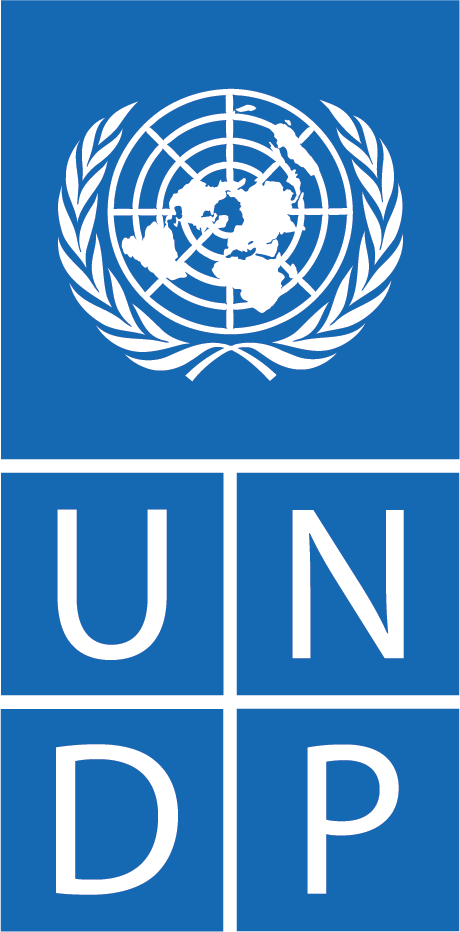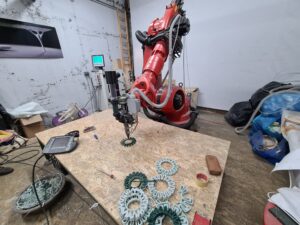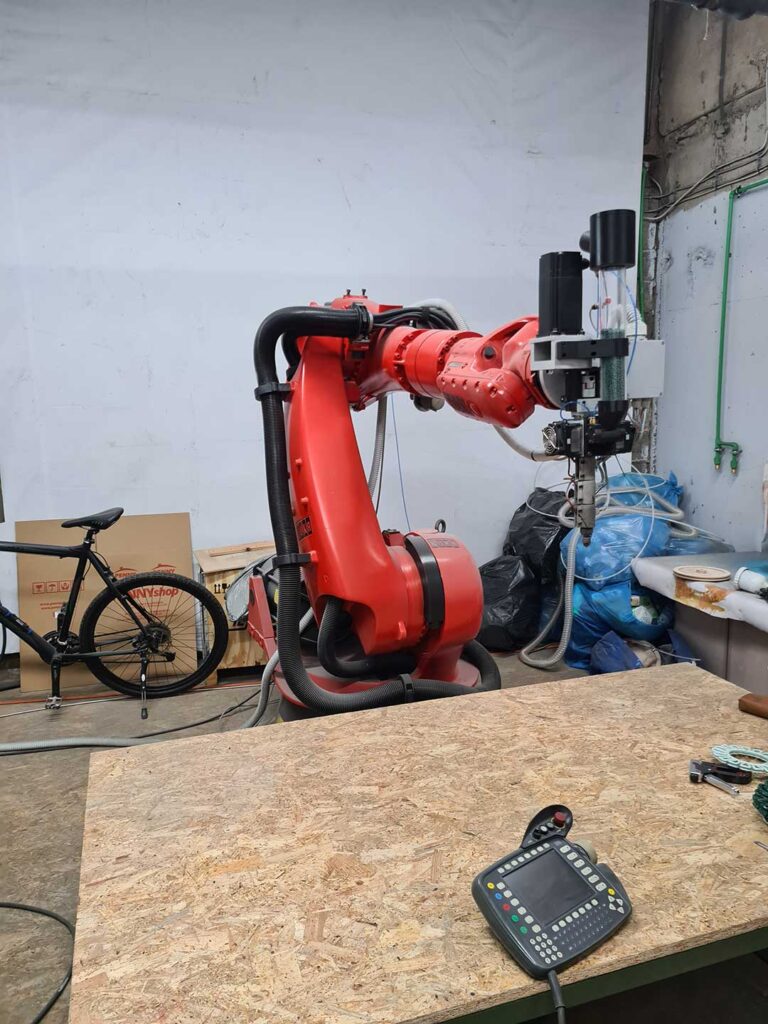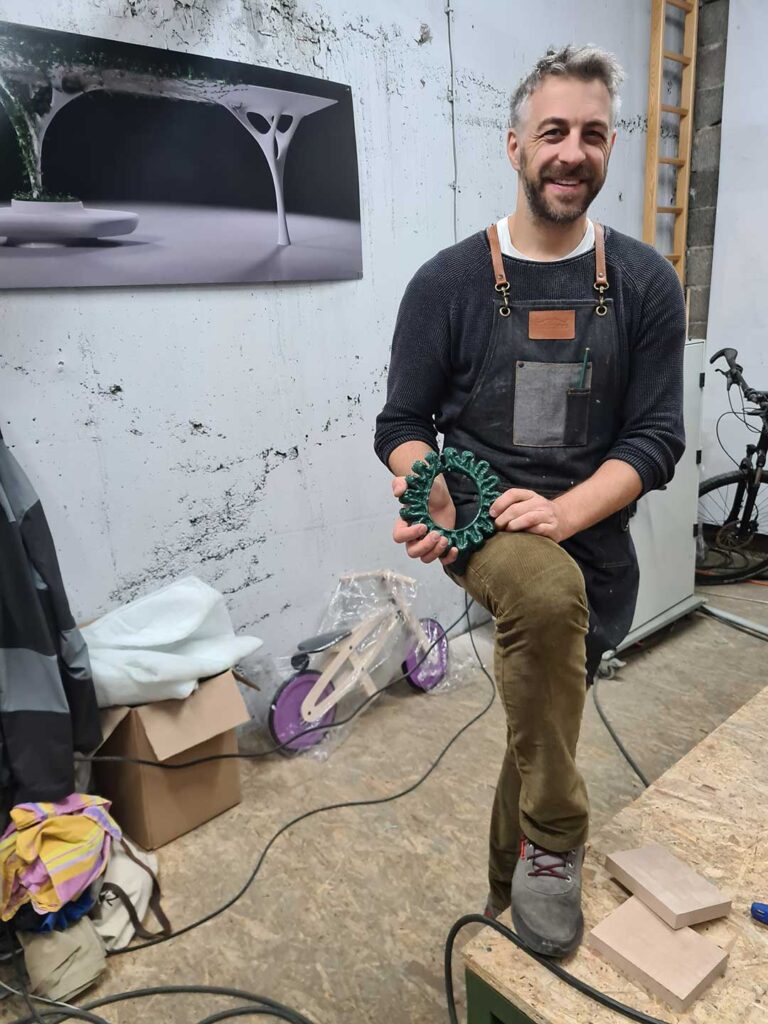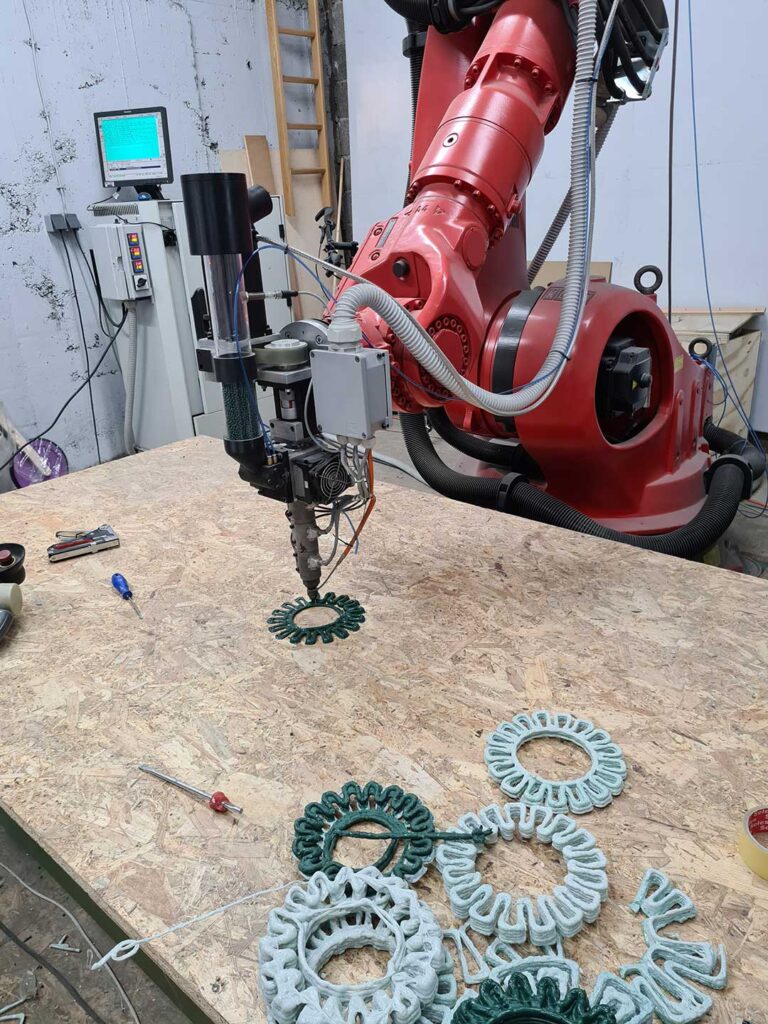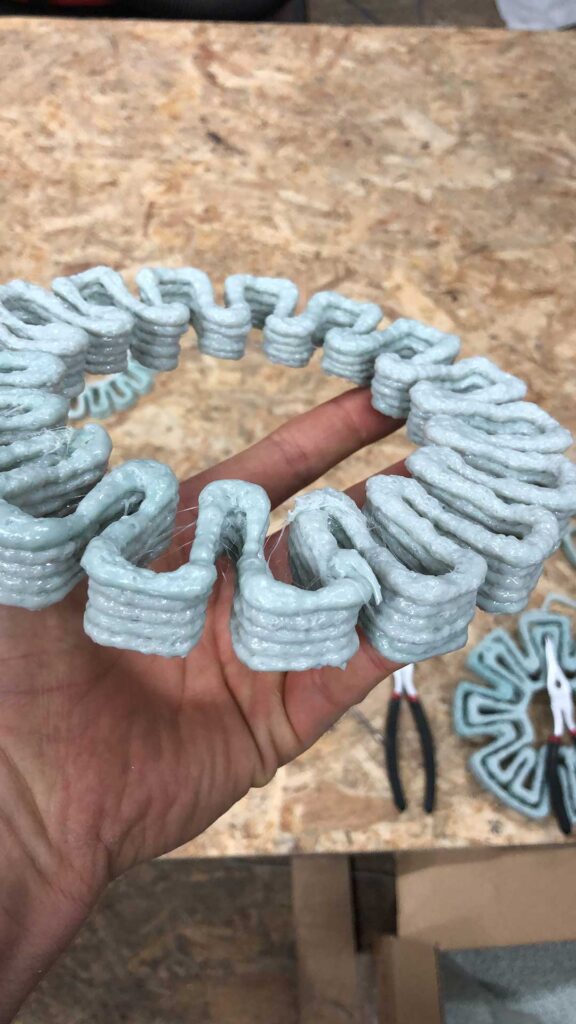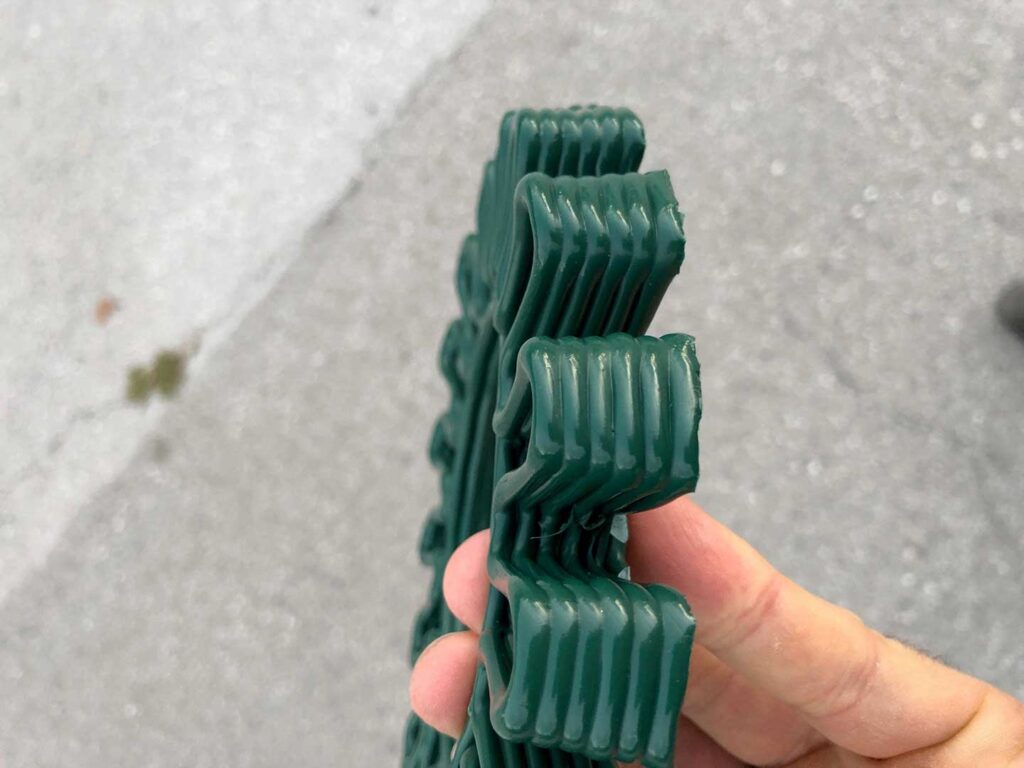
New technologies are opening new horizons for humans. 3D printing technology has begun to revolutionize the way we produce physical objects of all sizes in the last few years. The range of items produced by 3D printing today is vast and continues to grow. We can 3D print anything: from boats and houses, to simple toys, clothing or tools. We can also use technology to produce musical instruments and even human body parts. Yes, you did read that right. The potential, it seems, is endless. The materials used for 3D printing are expanding and becoming more diverse, with growing attention on use of recycled materials.
Bosnia and Herzegovina is not lagging behind these world trends.
According to Emir Salkic, Sarajevo-based architect, “One man’s trash is another man’s treasure”, and he illustrates this with his work, where he uses recycled plastic to create various items through 3D printing.
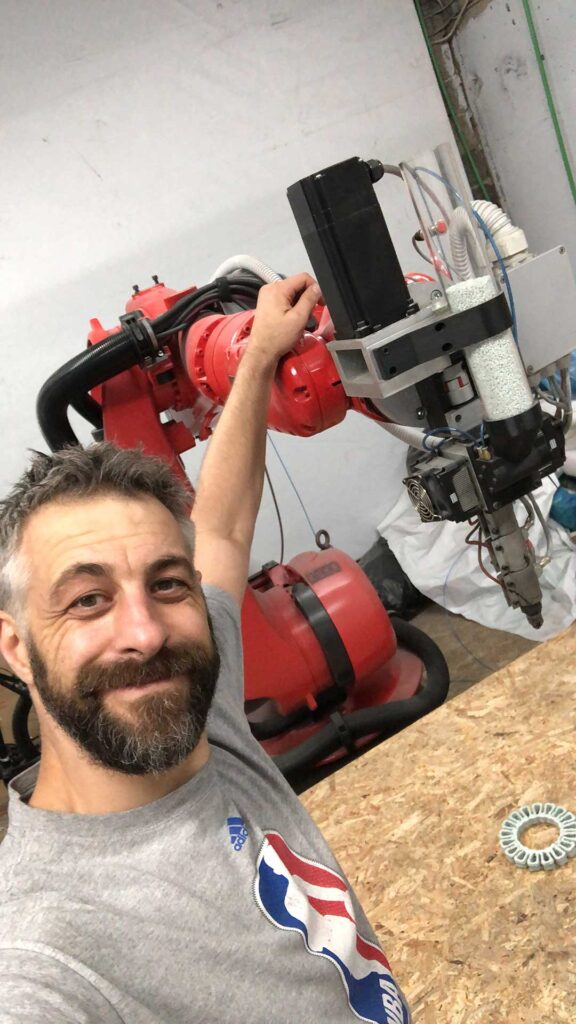
For example, he uses 3D technology for architecture and furniture prototyping, as well as supports skills development among young people to use 3D printing.
This Sarajevo architect has always been interested in the potential of recycled PET plastic. Emir’s Future Station project envisages 3D printing of a public transport bus station from recycled plastic. His project became part of the Smart Sarajevo initiative, supported by UNDP. This initiative aims to bring the notion of the future cities closer to the residents, business and authorities and offers possibility to collectively re-imagine the city
Using 3D technology, Emir is creating this year’s SDG Business Pioneers Award trophy.
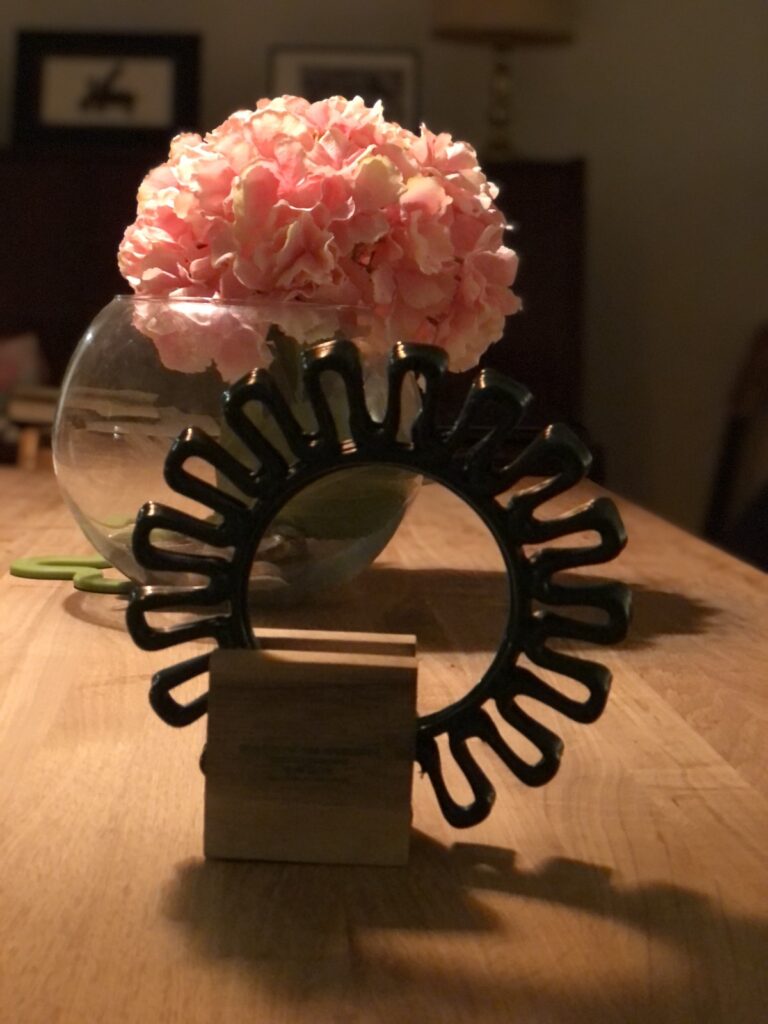
“This will not be a polished and shiny award. It will be made by a unique robot-arm-upgraded-to-3D-printer using recycled material and in the shape of the SDGs symbol” – says Emir, adding that the trophy will be unique as it will be “walking the talk” on applying sustainable development thinking in practice. The idea behind having 3D-printed SDG Pioneer Award trophies made from recycled plastic was inspired by the UNDP Accelerator Lab’s work on establishment of single-use plastic free workspaces.
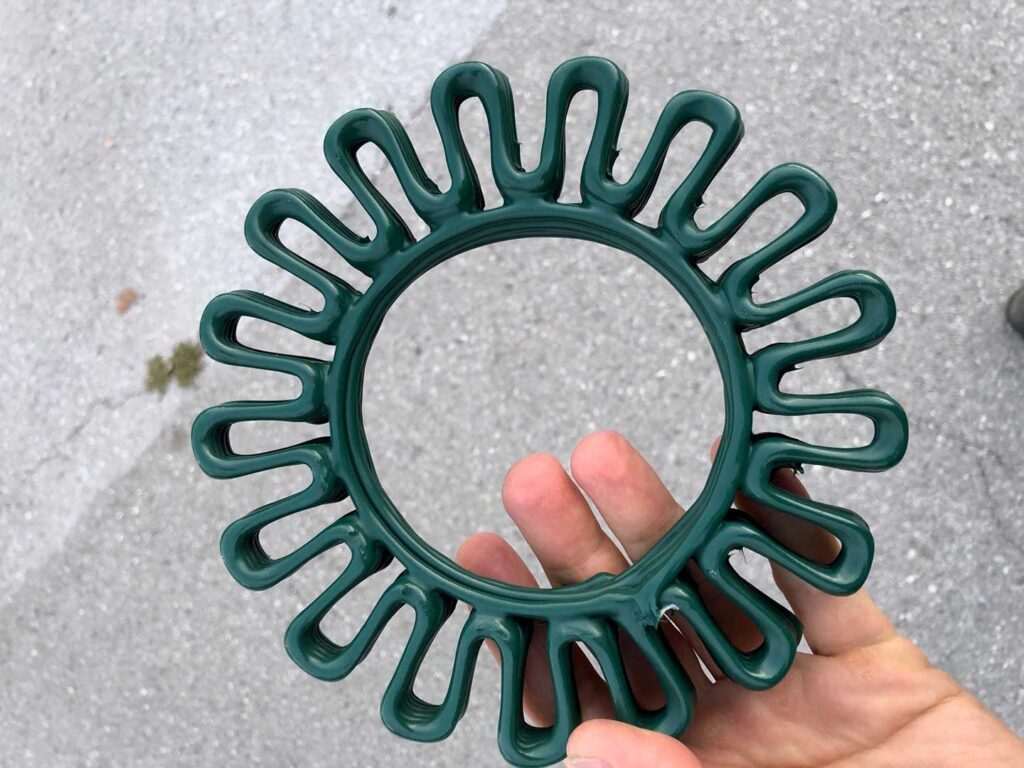
Company that does the actual recycling of plastic into usable, 3D printable, material is Omorika-Pet, a company that was itself one of the finalists of the last years edition of SDG Business Pioneers Award.
It takes roughly 3.5 plastic bottles to create one SDG trophy, once the plastic from bottles is recycled.
Emir uses a robotic arm, which he named Eva, for 3D printing, but it can be used for many more things – on it can be mounted a drill, laser cutter, welder, grippers, water jet…
The SDG Business Pioneers Award is an annual competition in Bosnia and Herzegovina aiming to promote the private sector’s efforts and contribution to sustainable development and inspire other businesses to follow suit. The event recognises business champions who are successfully transforming their business models to ensure green growth and contribute to the achievement of the global Agenda 2030. The focus of the 2020 SDG Business Pioneers Awards are “People” and “Resources and Environment”. The Award is organized in the framework of the “SDG Roll-Out Support and Private Sector Engagement” Project implemented by UNDP and financed by the Government of Sweden.


